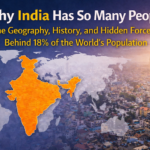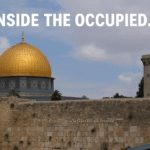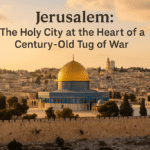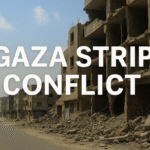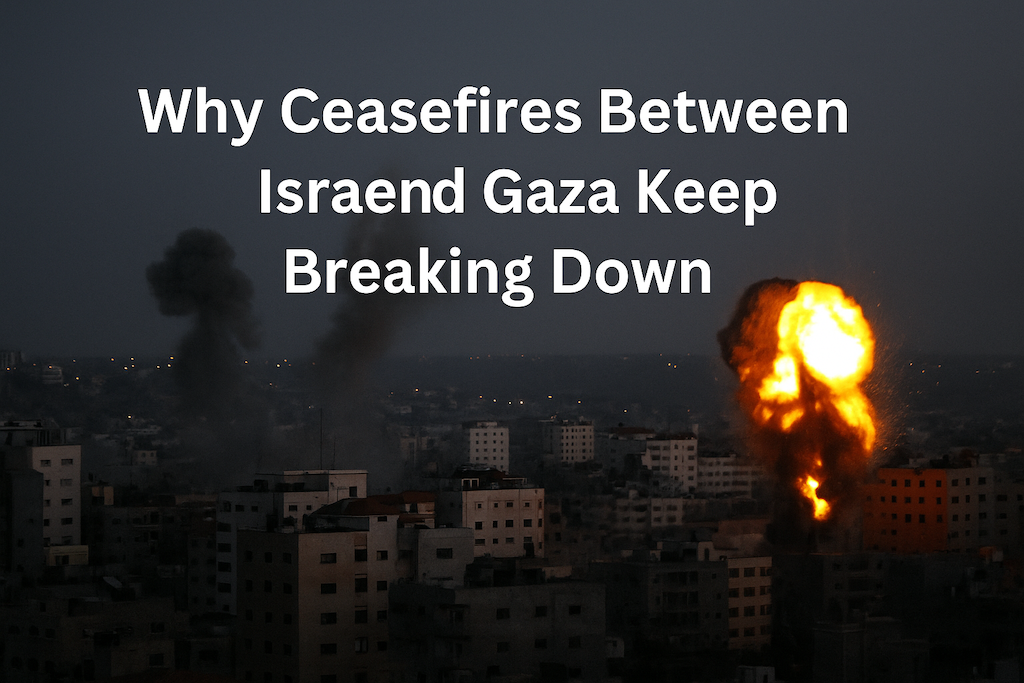In the aftermath of World War II, the world was left reeling from the Holocaust — the systematic extermination of six million Jews by Nazi Germany. The sheer horror of this genocide awakened the conscience of many nations and radically transformed the urgency around the idea of a Jewish homeland.
But as Europe sought to right a wrong, another people — the Palestinians — were thrust into a catastrophe of their own: the Nakba, or “catastrophe” in Arabic. This post explores the pivotal moment in 1948 when Israel was created, and how that event is remembered as both a triumph of survival and the beginning of dispossession.
The Holocaust’s Impact on Jewish Nationalism
Though the idea of a Jewish homeland had been growing since the late 1800s through the Zionist movement, the Holocaust became a turning point. Survivors of Nazi brutality had nowhere to go, as many countries, including the U.S. and Britain, restricted Jewish immigration.
This led to:
- Increased international sympathy for the Zionist cause.
- Jewish survivors flooding into British-controlled Palestine, despite immigration quotas.
- Pressure on Britain and the international community to resolve the “Palestine Question.”
The moral weight of the Holocaust compelled global powers to act — but they did so without adequately considering the impact on the native Arab population of Palestine.
The 1947 UN Partition Plan
Faced with mounting violence between Arabs and Jews in Palestine — and Britain’s decision to withdraw — the United Nations proposed a solution:
- Divide Palestine into two separate nations — one designated for Jews and the other for Arabs.
- Jerusalem to be placed under international control.
Why It Failed:
- Jewish leaders accepted the plan despite compromises.
- Arab leaders rejected it, viewing it as unjust land theft — Arabs made up two-thirds of the population but were given less than half the land.
Tensions exploded into full-scale violence almost immediately.
1948: Birth of the State of Israel
On May 14, 1948, David Ben-Gurion proclaimed the establishment of the State of Israel. Just hours later, both the United States and the Soviet Union officially recognized the new nation.
For Jews around the world, especially Holocaust survivors, it was a moment of redemption, safety, and identity.
But for Palestinian Arabs, it was the beginning of a massive displacement:
The Nakba (“Catastrophe”):
- More than 700,000 Palestinians were displaced, either forced to leave or fleeing their homes amid the conflict.
- More than 400 Arab villages were destroyed.
- Refugees were not allowed to return, violating international norms.
What was a rebirth for one people was a disaster for another.
The 1948 Arab-Israeli War
After Israel’s declaration, armies from Egypt, Jordan, Syria, Iraq, and Lebanon invaded. Israel, with better coordination and arms, not only repelled them but also expanded beyond its UN-assigned borders.
Consequences:
- Israel gained 78% of historic Palestine.
- West Bank and East Jerusalem were annexed by Jordan.
- Gaza Strip fell under Egyptian control.
- Palestinian statehood was never realized.
A Dual Legacy of 1948
- For Israelis, 1948 symbolizes national independence and a safe haven after centuries of persecution and diaspora..
- For Palestinians, it marks displacement, statelessness, and betrayal.
To this day:
- Today, the number of Palestinian refugees and their descendants exceeds 5 million worldwide.
- The right of return remains one of the most contested issues in peace negotiations.
Conclusion: When Survival Meets Dispossession
The world’s attempt to repair the deep wounds of the Holocaust led to the creation of Israel — a homeland for a people long denied one. Yet this historic moment came at the devastating cost of another people’s homeland.
The twin tragedies of the Holocaust and the Nakba form the emotional and political bedrock of the Israel-Palestine conflict — and until both narratives are acknowledged, true reconciliation will remain elusive.
